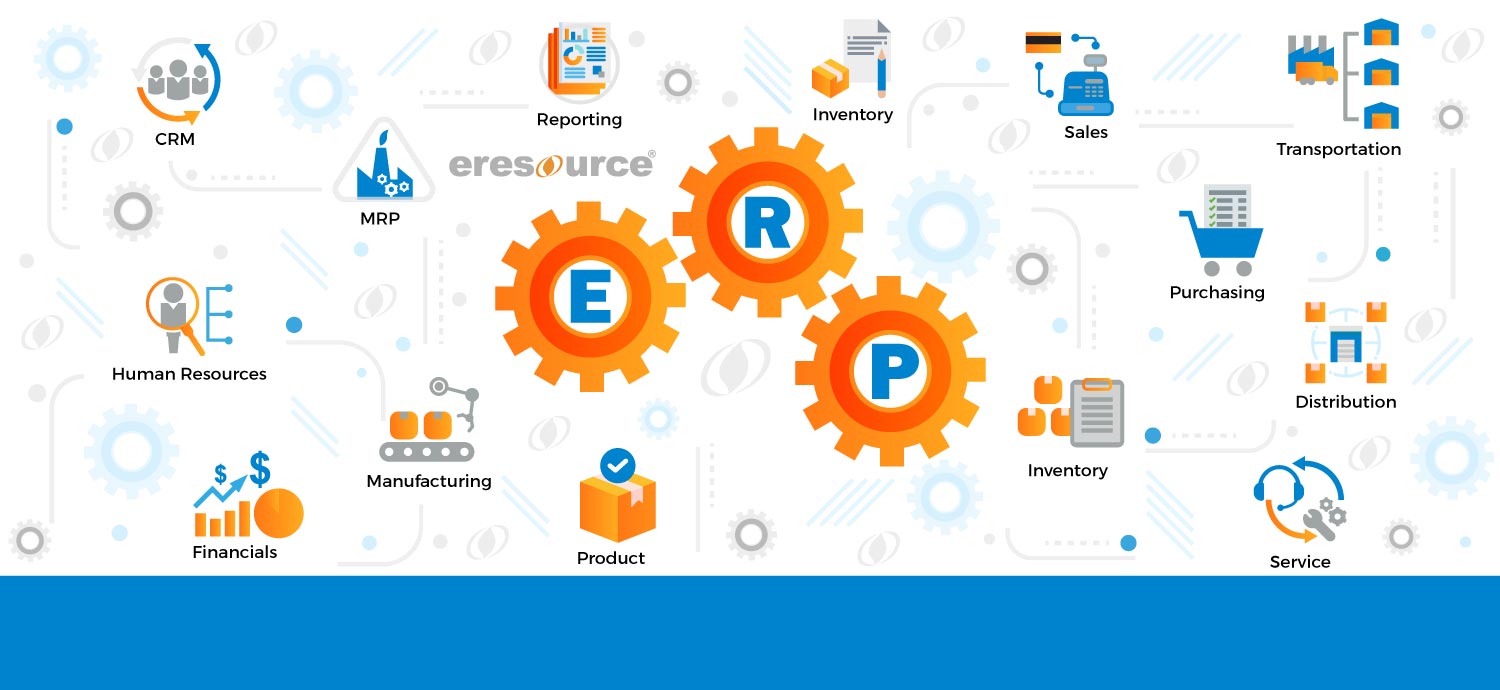In today’s highly competitive business landscape, manufacturers are constantly seeking ways to improve their operations and drive profitability. Enterprise Resource Planning (ERP) software has emerged as a powerful tool for streamlining and optimizing manufacturing processes. By integrating various business functions into a unified system, ERP software enhances visibility across the organization, enabling better decision-making, resource allocation, and cost control.
This article explores how ERP software can significantly increase visibility and profitability in the manufacturing industry.
Enhanced Data Visibility and Real-Time Insights:
ERP software consolidates data from various departments, such as production, inventory, procurement, finance, and sales, into a single platform. This integration eliminates data silos, ensuring accurate, up-to-date, and easily accessible information for all stakeholders. With real-time insights into key metrics like production rates, inventory levels, and order status, manufacturers can make informed decisions promptly. This visibility allows them to identify bottlenecks, monitor performance, and take proactive measures to optimize operations.
Also Read – Construction ERP Software in UAE
Efficient Resource Planning and Allocation:
An ERP system provides manufacturers with comprehensive visibility into their resource requirements, including materials, labor, and equipment. By leveraging this visibility, manufacturers can optimize their production schedules, manage inventory levels, and align resources with demand forecasts. This enables efficient resource allocation, minimizing wastage and reducing costs. Furthermore, ERP software facilitates accurate demand forecasting, ensuring that manufacturers produce the right quantity of products at the right time, thereby avoiding stockouts or excess inventory.
Streamlined Supply Chain Management:
A robust ERP solution enables seamless integration of the supply chain, allowing manufacturers to collaborate effectively with suppliers, distributors, and other partners. By automating and optimizing processes such as procurement, order management, and logistics, ERP software enhances visibility and transparency throughout the supply chain. Manufacturers can track orders, monitor supplier performance, and identify potential disruptions in real time. This visibility enables proactive management of inventory, reduced lead times, and improved customer satisfaction.
Also Read – Manufacturing ERP Software India
Improved Quality Control and Compliance:
ERP software empowers manufacturers to implement robust quality control measures and maintain compliance with industry regulations. By centralizing quality data, tracking product performance, and conducting real-time inspections, manufacturers can identify and address quality issues promptly. This proactive approach minimizes product defects, reduces rework, and ensures adherence to customer specifications. Furthermore, ERP systems can incorporate compliance requirements into workflows, enabling manufacturers to meet regulatory standards effortlessly.
Data-Driven Decision Making:
ERP software facilitates data-driven decision-making by providing comprehensive analytics and reporting capabilities. Manufacturers can generate customized reports, perform trend analysis, and gain valuable insights into their operations. These insights help identify areas for improvement, such as cost reduction opportunities, process inefficiencies, or underperforming products. By leveraging these data-driven insights, manufacturers can make informed decisions to drive continuous improvement, increase productivity, and boost profitability.
Conclusion:
In an increasingly competitive manufacturing industry, ERP software serves as a catalyst for improved visibility and increased profitability. By consolidating data, streamlining processes, and providing real-time insights, ERP systems enable manufacturers to optimize their operations, enhance resource planning, and streamline supply chain management. The integration of quality control and compliance features further ensures that manufacturers can deliver high-quality products while meeting industry standards. Ultimately, ERP software empowers manufacturers to make data-driven decisions, adapt to changing market dynamics, and drive sustainable growth in an evolving industry landscape.
Also Read – Manufacturing module in ERP
Categories
Register for Free Demo!
Recent Post
-

eresource ERP 360 - an
11th Apr 2019 -

A competitive ERP system for
17th Apr 2019 -

Auto components manufacturing industry has
17th Apr 2019 -

Make the best use of
17th Apr 2019






